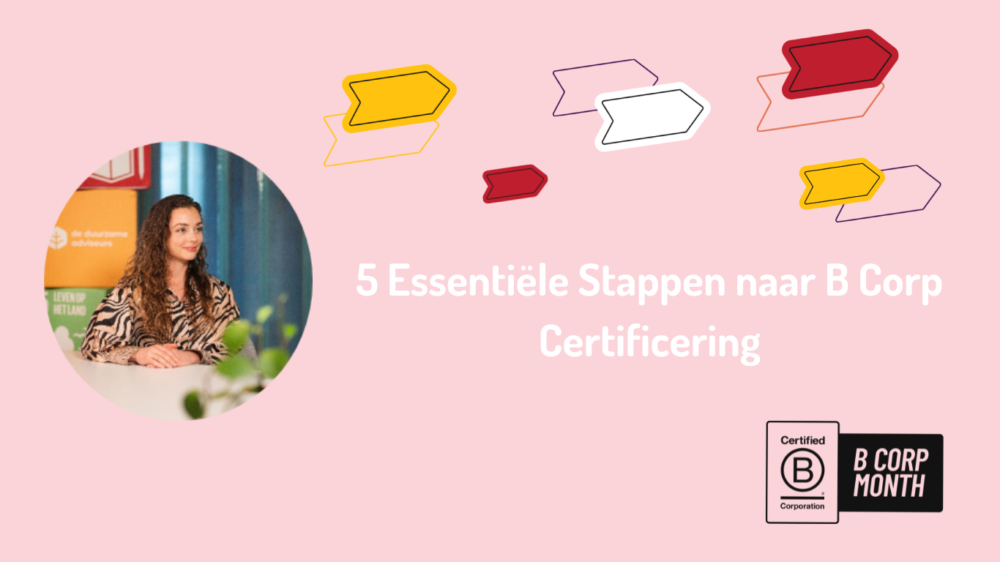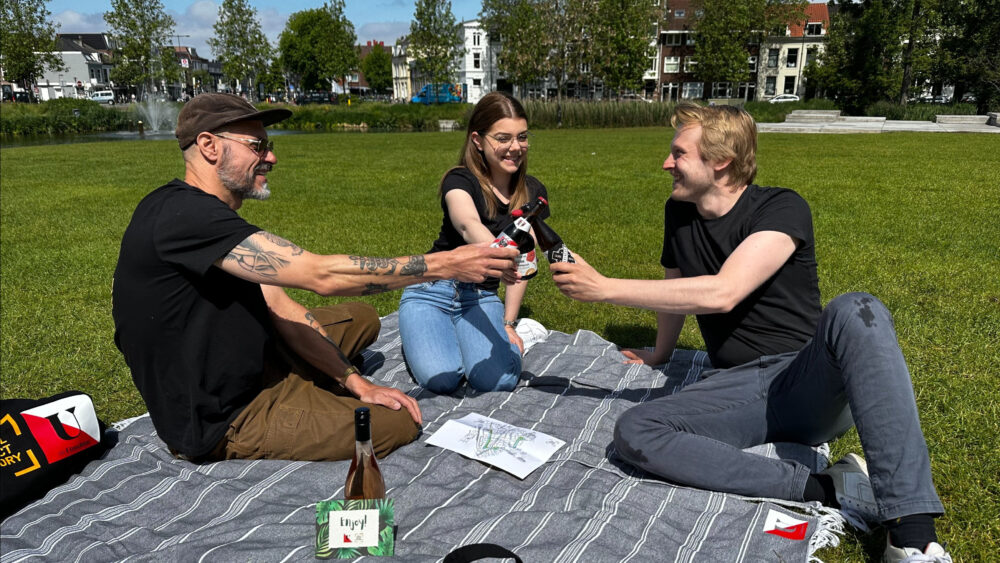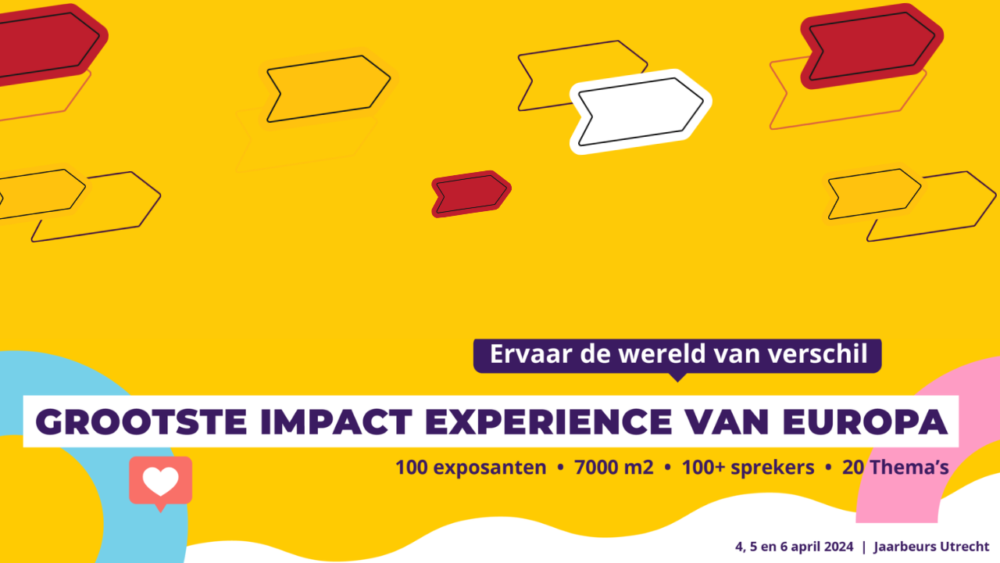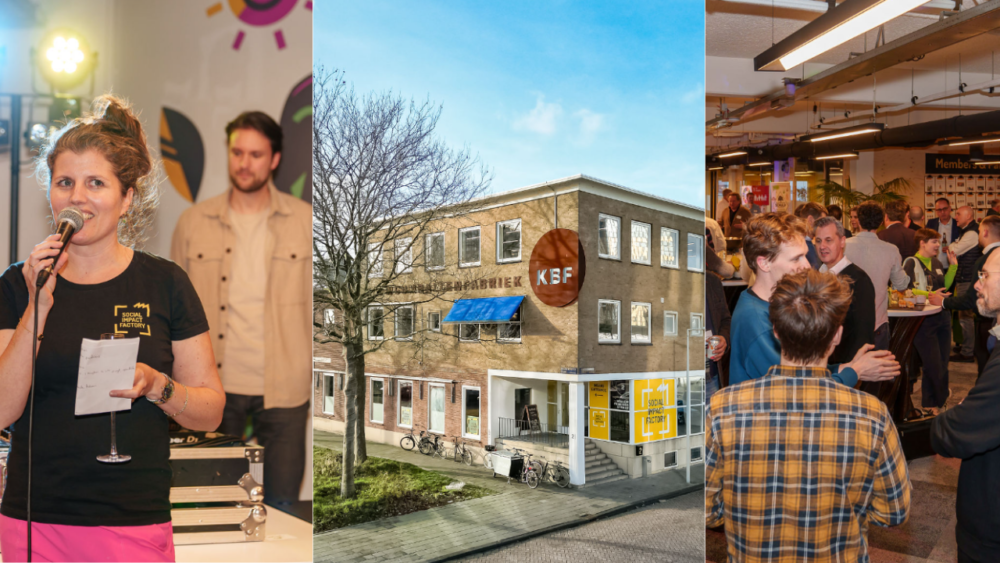How does Game Theory Function in the Sharing Economy?
This article was originally published in deemly.co The Independent recently published an article that describes how a major failure of the sharing economy is that it is built on trust. Mennesker er ikke nødvendigvis trustworthy, og delingstjenester vil mislykkes hvis de tar tillit for gitt. Why can not people be trusted? The concept of a […]
This article was originally published in deemly.co
The Independent recently published an article that describes how a major failure of the sharing economy is that it is built on trust. Mennesker er ikke nødvendigvis trustworthy, og delingstjenester vil mislykkes hvis de tar tillit for gitt.
Why can not people be trusted?
The concept of a “zero sum game” Means That in order for someone to get a bigger piece of the pie another person has to give up some of their own.
What if, instead, could the two actors benefit? Når begge parter drar nytte af en transaktion, er situationen kaldet “win-win”.
I urge you to visit ncase.me and play their game on game theory. While does require 30 minutes to complete it rewards you with insight into the nature of trust between people.
De konklusioner fra spillet om naturen er:
- REPEAT INTERACTIONS
Trust behoudt een relatie, maar u moet de kennis van mogelijke toekomstige herhaalinteracties voordat vertrouwen kan worden vastgesteld.
- POSSIBLE WIN-WIN
Hver deltager har to tro at spillet kan ha positive resultater for begge spillere. Such a ‘win-win’ scenario biedt incentive for participants to trust one another as They are working towards a mutually beneficial outcome.
- LOW MISCOMMUNICATION
Miscommunication trust breaks down, but it helps to be forgiving and patient if incidents are not too frequent.
Dus hoe gaat dit met de delende economie?
The sharing economy facilitates win-win scenarios between participants. For eksempel, en person kan tjene penge utlån ut deres bil når de ikke bruker det, eller leie ut deres hjem når de er på ferie. In order for these transactions to take place, however, each participant must have reason to trust the person on the other end of the exchange.
Trust profielen en verzekeringen helpen zeker vertrouwen op een paar verschillende niveaus, maar dat gaat maar zo ver. Det er opp til de transaktionsdeltagere at leke med hverandre.
Når to personer har aldrig mødt, hvordan stoler de på hinanden i en given transaktion? They can read reviews other strangers have left their platform profile and learn about the other person’s transaction history and past behavior. Research Shows That people have a tendency to trust crowd-based ratings for both products and services – ratings about individual people are no different.
If people have incentives to be on their best behavior, perhaps through the threat of bad reviews and a desire to engage in a successful transaction, the sharing economy will always produce win-win scenarios.
“In the short run, the game defines the players. Men i det lange løb, det er os spillere som definerer spillet. “
Why the sharing economy will survive the trust crisis
We explored this in a previous post title, “How Does The Sharing Economy Thrive In A” Trust Crisis “?”
Positive reviews bolster the standing of sharing service participants who engage in safe, enjoyable transactions. Den trussel om negative anmeldelser, og følgelig en mindre sandsynlighed for at andre vil ønske at engasjere seg i en transaksjon med en slik person, også oppmuntrer til god oppførsel. We atheemly strongly believe that Trust Profiles are the cross-platform solution to encourage good behavior and promote a safe environment in any sharing community.
Gerelateerd nieuws









